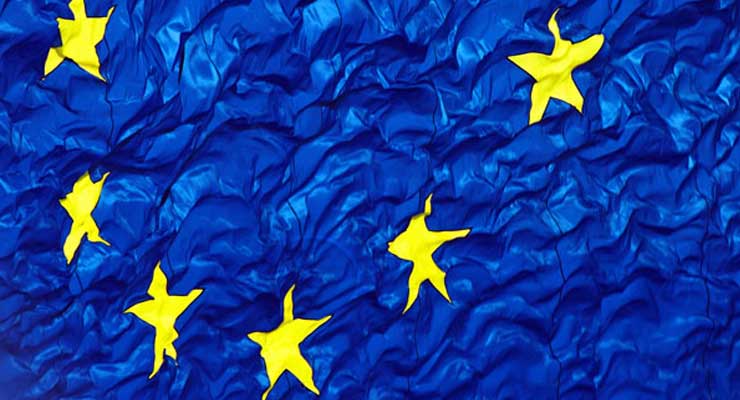 The European Commission (EC) has concerns about Vodafone’s proposed acquisition of Liberty Global’s subsidiaries in Germany, the Czech Republic, Hungary and Romania and has therefore opened an in-depth investigation.
The European Commission (EC) has concerns about Vodafone’s proposed acquisition of Liberty Global’s subsidiaries in Germany, the Czech Republic, Hungary and Romania and has therefore opened an in-depth investigation.
The Brussels-based authority is concerned that the takeover announced in May 2018 could reduce competition in Germany and the Czech Republic.
“It’s important that all EU consumers have access to affordable and good quality telephone and TV services,” said Commissioner Margrethe Vestager, in charge of competition policy. Vestager added that the in-depth investigation aims to ensure that the transaction will not lead to higher prices, less choice and reduced innovation in telecommunications and TV services for consumers.
In Germany, Vodafone and Liberty Global operate non-overlapping coaxial cable networks covering different areas and regions. In the Czech Republic, Hungary and Romania, Vodafone is mainly active as a mobile network operator, and Liberty Global as a fixed-line telecommunications provider.
In Germany, the Commission has concerns that the transaction would eliminate competition between the merging companies in the fixed-line and TV market, reduce the number of players and limit the merged entity’s incentives to compete effectively with the remaining operators, both in areas already served by Liberty Global’s German subsidiary Unitymedia and in Germany as a whole. The transaction could also eliminate competition between the merging companies in terms of investment in next generation networks and substantially increase the negotiation power of the merged entity in negotiations with TV broadcasters.
In the Czech Republic, the deal could shut some rivals out of the local telecommunications market, the EC says. The authority has not identified any specific competition concerns relating to the proposed merger in the Hungarian and Romanian markets.
In the in-depth investigation, the Commission wants to determine whether its initial competition concerns are confirmed.
The transaction was notified to the Commission on October 19, 2018. The Federal German Cartel Office requested a referral of the case to the German competition authority on November 7, 2018. This request is still pending, according to the EC.
The Commission now has 90 working days, until May 2, 2019, to take a decision.
The takeover plans encountered strong opposition in the German telecommunications industry. Deutsche Telekom and Tele Columbus called for the deal to be blocked because of its negative impact on competition. Cable operator association FRK demanded strong conditions, for example the opening of the merged entity’s networks to third parties (open access).
Liberty Global still expects the transaction to be approved by the Commission in mid-2019. “We always anticipated a second phase review given the size and scope of the transaction,” CEO Mike Fries said in a statement. “We look forward to engaging with the Commission and continue to expect approval mid-2019.”
Meanwhile, the Federal Cartel Office expects that the case will remain in Brussels, although the Commission said that it is still examining the request by the German authority to take over the case. “Due to the initiation of the second phase, we assume that the Commission will not refer the proceedings to Germany,” Andreas Mundt, President of the Cartel Office told German news agency dpa. “We will contribute our technical expertise and our assessment of the competitive conditions in the German cable and mobile communications markets to the investigation.”
Deutsche Telekom welcomes the initiation of the extended investigation. “The decision to open an in-depth investigation comes as no surprise given the massive impact the merger would have on the affected infrastructure and TV markets in Germany. We expect that the EU Commission will now carefully investigate and analyse the deal’s effects on competition and consumers in Germany,” a Telekom spokesman told Broadband TV News.
Telefónica Deutschland is also calling for the Commission to examine the case rigorously and is counting on Vodafone to make concessions in the further course of the case. “The competitive impact of the transaction on consumers and broadband deployment in Germany would be serious and therefore requires in-depth investigation,” a Telefónica Deutschland spokesman told Broadband TV News. “Telefónica Deutschland welcomes the European Commission’s decision and calls on the Commission to carefully analyse the effects on the telecommunications market,” said the spokesman, adding that the company expects from Vodafone “to make every effort to counter these negative effects in the further course of the procedure”.